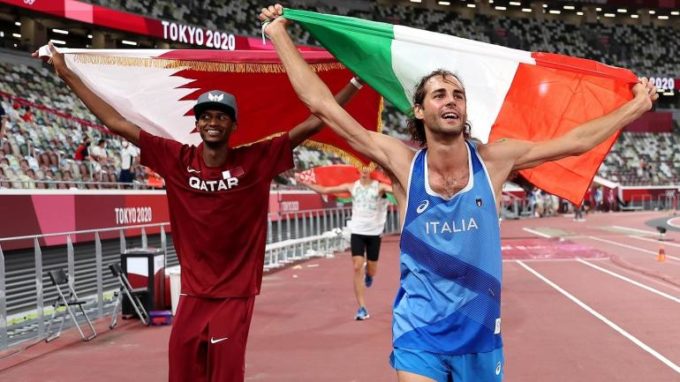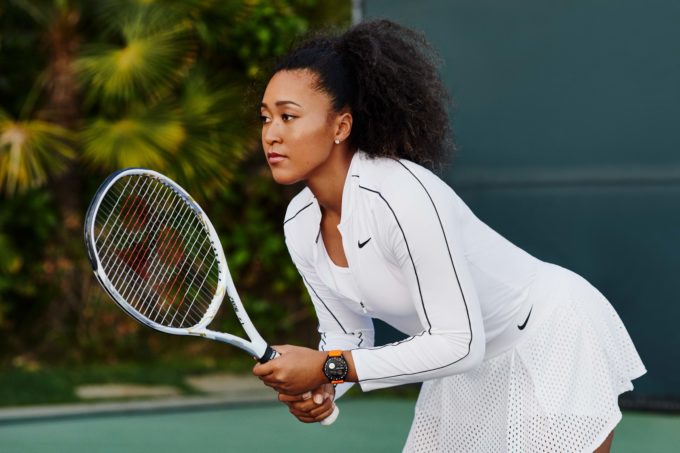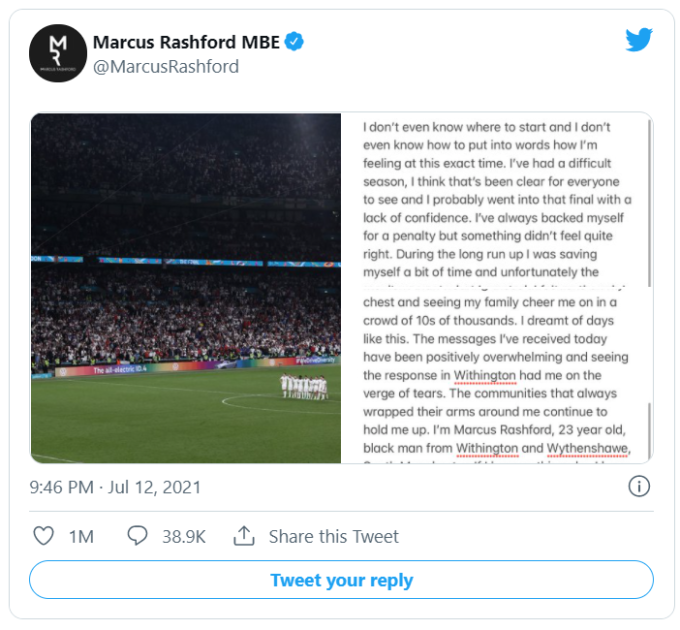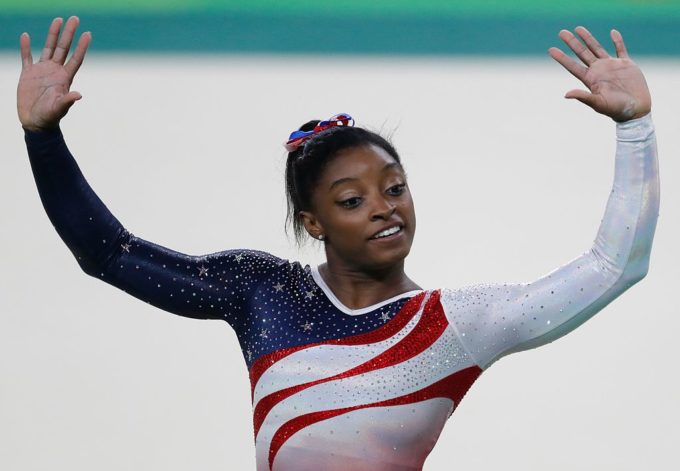Stewardship of teams on the pitch can offer powerful inspiration for the world of business, find Susan Goldsworthy and Lindsay Sarah Krasnoff.
When this summer’s crowded sporting calendar kicked off three months ago, concerns were (rightly) focused on how to stage events safely amid a global pandemic, efforts that if successfully implemented could boost public morale as well as throw a lifeline to one of the global industries heavily battered by last year’s COVID-19 shutdowns.
Three months later, it is clearer than ever just how important sports are beyond the business of entertainment.
Sports bring people of different backgrounds, nationalities, colors and creeds together into a global community, highlighting that there’s more that unites us than divides us. The humanity and shared experience of sporting mega events, amid the drama of training and performances, also offer an ideal incubation lab for lessons in leadership.
The practice of putting colleagues in a new environment or context to reflect and work on numerous skills is the ethos behind so many corporate teambuilding or professional development retreats. Yet, with widespread travel still limited due to the pandemic, this summer’s sporting events offer a virtual retreat for business leaders around the world.
As with sport, so with business. The corporate world can no longer focus solely on the winner or on the disaster at hand. Instead, it must shift to accommodate the middle ground of sustainable performances that empower workforces to thrive and collaborate. For the wellbeing of all, we must shift from a power over to a power with approach. There’s an opportunity to harness the Olympic spirit for success via collaboration, enable teams to rest and revive, and think like coaches, borrowing lessons from the sports world to build better, stronger organizations.
But how does this translate into the field? Here are 10 compelling leadership moments from this summer’s sporting scene that offer lessons for leaders everywhere:










